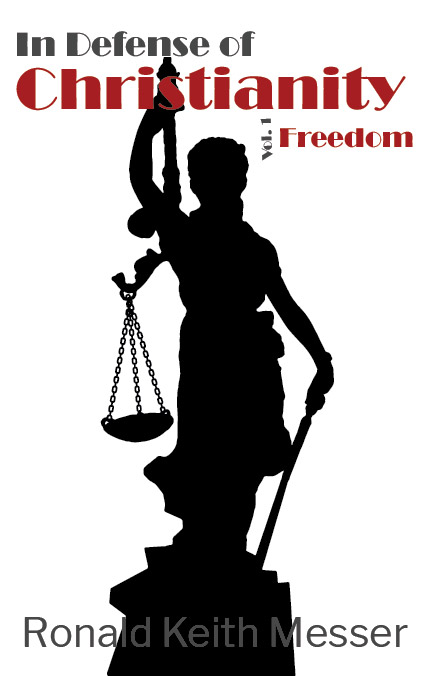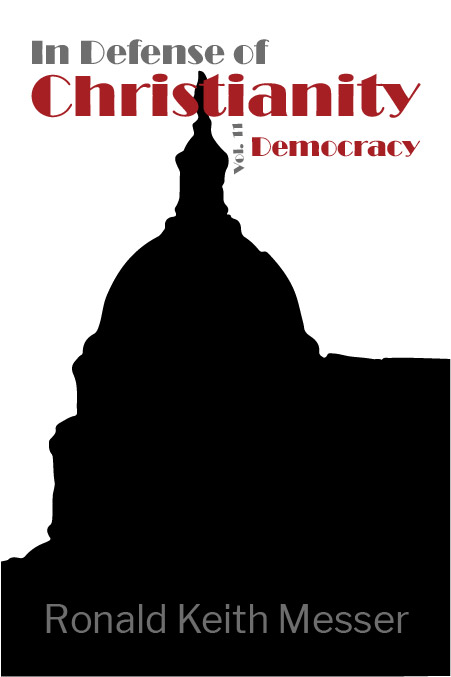
In Defense of Christianity Vol I: Freedom

The greatest enemy to freedom is ignorance. Ignorance of law sabotages freedom. The single greatest quest we can make on this earth is the quest for truth. To understand truth, we must understand law. By keeping the commandments of God, we are on the path of truth. Truth will add to truth, and light will add to light. At the heart of all laws of God is the preservation of agency. With agency comes freedom. We should value freedom and agency above everything. To do that, we must search for truth for it is truth alone that can make us free. The price of freedom is in understanding captivity. God is the quintessential free agent. God wanted us to have that freedom; therefore, he created earth and organized temporal and spiritual laws to make it possible. It was Christ who said, “And ye shall know the truth, and the truth shall make you free.”
In Defense of Christianity Vol II: Democracy

The controlling theme of this book is that we are all children of God, created equal in the eyes of God, who is no respecter of persons. The primary purpose of a democratic republic is to protect equality, making laws equal to all citizens all the time. We need to return to the vision of our forefathers that ‘certain truths are self-evident, that among our inalienable rights are life, liberty, and the pursuit of happiness.’
A New Voice of Freedom Podcast

Season 5 Podcast 58 John Bunyan’s Pilgrim’s Progress, Episode 15 Chapter 3 G, “Charity.” – A New Voice of Freedom
- Season 5 Podcast 58 John Bunyan’s Pilgrim’s Progress, Episode 15 Chapter 3 G, “Charity.”
- Season 5 Podcast 57 The Stories of the New Testament, Matthew 26 E, “Gethsemane B.”
- Season 5 Podcast 56 A New Voice of Freedom, Argument for the Existence of God, Episode 39, “Dimensions of Life, Pt 1.” Episode
- Season 5 Podcast 55 John Bunyan’s Pilgrim’s Progress, Episode 14 Chapter 3 F, “Prudence.” Episode
- Season 5 Podcast 54 The Stories of the New Testament, Matthew 26 D, “Gethsemane A.”